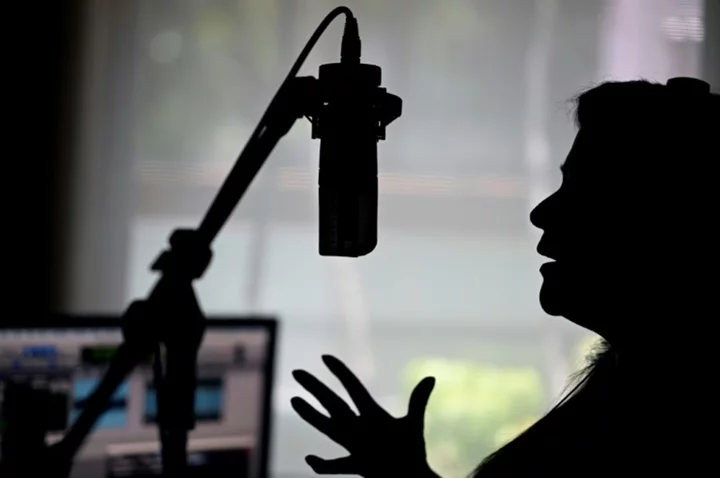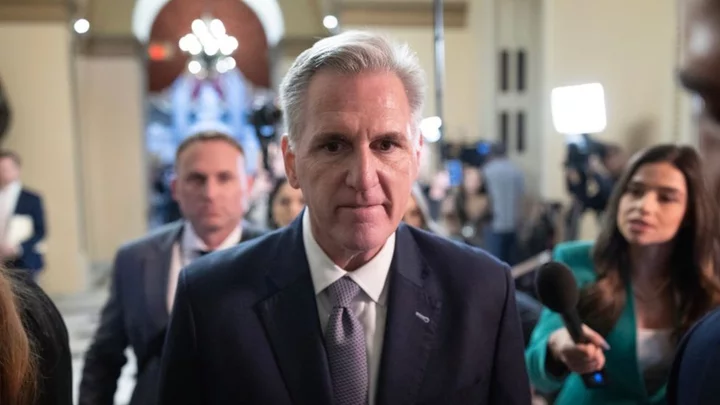By Jeff Mason
WASHINGTON The latest mass shooting in the United States, which killed 18 people in Maine, prompted U.S. Representative Jared Golden, whose constituents died in the massacre, to reverse his opposition to a ban on assault-style weapons.
But his change of heart does not change the equation in Washington, where President Joe Biden's push to reinstate a ban of such guns has been a non-starter for Republicans who control the House of Representatives and back gun rights.
Golden, a conservative Democrat who represents a district that supported then-President Donald Trump in the 2020 election, on Thursday said he had opposed a ban out of "false confidence" that his community was above such violence.
"The time has now come for me to take responsibility for this failure, which is why I now call on the United States Congress to ban assault rifles like the one used by this sick perpetrator of this mass killing in my home town of Lewiston, Maine," he said. "I ask for forgiveness and support as I seek to put an end to these terrible shootings."
Biden said in a statement on Friday the nation was mourning "another senseless and tragic mass shooting" and urged Republicans to help pass a bill "banning assault weapons and high-capacity magazines, to enact universal background checks, to require safe storage of guns, and end immunity from liability for gun manufacturers."
Congressional aides said on Friday they knew of no new attempt to pass such a bill, which would need to pass the Republican-controlled House by a simple majority and win 60 votes in the 100-member Senate.
Mike Johnson, a Republican who took on the House's top role of Speaker earlier this week, appeared to close the door on any effort.
"The problem is the human heart. It's not guns. It's not the weapons," Johnson said in an interview with Fox News on Thursday night when asked about calls for more legislation.
"We have to protect the right of the citizens to protect themselves, and that's the Second Amendment. And that's why our party stands so strongly for that. ... This is not the time to be talking about legislation," he said.
Democrats, with the support of anti-gun violence groups, have tried for years to renew a federal ban on assault-style weapons, which was first imposed in 1994 and expired in 2004.
The U.S. Constitution's Second Amendment protects the right to bear arms. Republicans, with the financial support of a powerful gun rights lobby, largely oppose restrictions on gun ownership.
Opinion polls show a majority of Americans favor tighter gun restrictions such as background checks and "red flag" laws, aimed at keeping guns out of the hands of people believed to be a danger to themselves or others, but are more evenly split on assault-style rifle bans.
The U.S. has seen multiple massacres involving assault-style weapons in recent years. Biden, who is running for reelection in 2024, is expected to make proposals to tighten gun laws a key component of his campaign.
Last year, Congress passed the first significant gun control legislation in three decades. The bipartisan measure tightened background checks for would-be gun buyers convicted of domestic violence or significant crimes as juveniles.
It came as the U.S. Supreme Court broadly expanded gun rights by ruling Americans have a constitutional right to carry handguns in public for self-defense.
For any assault-style weapons ban to pass in the future, Democrats would need to win a majority in the 435-seat House and win more seats in the 100-member Senate, which they currently control 51-49.
(Reporting by Jeff Mason; additional reporting by Richard Cowan; Editing by Heather Timmons and Jonathan Oatis)









